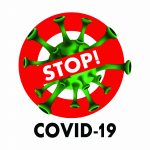If you’re a rheumatologist, you likely remember the moment of truth on your match day—the day of revelation, when the complex computer algorithm set up by the National Resident Matching Program (NRMP) accommodates the wishes of programs and applicants and then discloses into which program an applicant has been placed. Although it has always been…









